
Contending with Change: Making Friends with “Wind”
Transition and change is the natural movement of life. The oldest existing classic in Chinese philosophy is the “I Ching” or “Book of Changes.” Health and disease is often related to our ability to transition and move through change.
The “I Ching” describes the process of change in all its manifestations. The book is divided into 64 movements, beginning with “Force” and continuing with “Field.” When facing change, one must possess the strength of “Force,” as well as the supple receptivity of “Field,” for movement to proceed harmoniously. The “I Ching” acknowledges difficulties and disorder as natural occurrences when faced with change. Things may seem stuck, in a type of limbo, where one feels alone and cut-off. This is a time to wait, advises the book, allowing stillness through the natural grieving process of letting go.
If one is able to move through these stages of change successfully, the “I Ching” promises that delight will begin to amass. The gathering is small at first, says the book. The small and slow quality is necessary at this time, as one is asked to alter the way they perceive and metabolize the world. It is a time of re-birth: like a child learning to walk once again.
When I’m faced with change in my life, often my first reaction is to panic. I habitually try to hold on as tight as I can to the familiar. Or, if change is desired, I can become eager and frustrated that the transition is taking so long. I, like many people, often feel unsettled with the awkward period that exists between the old and the new.
I’ve recently been studying the process of change with a new teacher: my year-old nephew Eastan. He has shown me over the past year how to move into a new stage of life with grace and elegance. At the beginning, for many months, he simply looked around, taking in his new environment. He didn’t engage very much; just observed. I was continually amazed at the ease and calm this child has shown. Being in a new environment, where nothing is familiar, often makes me shaky and vulnerable. However, Eastan is taking it in stride. I ask him how he does this. His reply is a smile.
Chinese Medicine speaks extensively of the natural transition process. We all go through various “rites of passage” in life. Every seven or eight years, a “Po,” or physically-embodied aspect of our soul drops away. The soul is considered to be the embodied form of the spirit. The “Po” resides in the Lungs, which is the organ responsible for the capacity to “let go.” With the passing of each “Po,” our spirit becomes lighter: it completes a life-lesson, or segment of the quest that is life.
If a particular “Po” is traumatized, or if the Lungs are weak, we may experience difficulty in shedding a segment of our life, staying stuck in the past. It is the “Hun” aspect of the spirit, housed in the Liver, that allows the smooth flow of life to occur. When the Lungs are unable to let go of the past, the Liver can become agitated, “insulting” the Lungs, creating various mental-emotional and physical problems. This conflict can occur, especially if the trauma to the “Po” has gone into the unconscious level of the body, manifesting as phlegm. Phlegm can block the senses, as well as the Lung’s capacity to open up and let go. Phlegm can also harass the “Shen” aspect of the spirit, which is housed in the Heart. The Shen influences a person’s overall animation and excitement about life. A healthy Shen creates the desire to be a creative force in life.
A disturbance to the spirit can manifest as an unconscious sense of fear, forgetfulness, loss of sense of purpose or sense of self, and a lack of desire or interest in life. To Classical Chinese Medicine, all disease results from spirit disturbance. Therefore, a classical clinician always treats the patient’s spirit, as this is the root of all health.
“Wind” is considered to be “the cause of the 100’s of diseases” within Chinese Medicine. “Wind” is a metaphor for the perpetual change that characterizes the world, as well as human life. The weather is constantly changing, our bodies are changing as we age, the people around us change, as do the circumstances in our lives. Our body must have the capacity to adjust to these changes. If the body or mind is unable to adjust, and begins to resist and fight either the external or internal world, disease manifests.
There are minor everyday changes, such as the weather. There are also changes involving the circumstances around us, and our internal reaction to these changes. If we are unable to adapt to the changing weather, we can develop allergies or respiratory conditions. If we have difficulty adapting on the emotional level to changing circumstances, we can develop digestive or circulatory issues. These are all somatic manifestations of the difficulty of the spirit to adjust to the nature of life: wind.
Eastan has impressed me with the calm in which he greets the world. He is a very well-mannered child. My mother has told me I was the opposite as a baby: always crying, never sleeping, with both digestive and respiratory difficulties. I’ve seen it common amongst some healers to have health challenges in childhood. A healer friend of mine has described feeling great unease with life, as if he “didn’t want to be here,” since he was a child. Others have told of weakness or extreme vulnerability as children. Perhaps this is a reason we became healers. Or maybe, it is simply a step along the path to making friends with “wind.”
To treat “wind,” one often must treat the blood. It is the blood which adjusts to external changes, through its internal reaction. The Spleen, which governs the mind, is said to “manage” the blood. The Spleen is supported by the Kidneys, which are the root of the immune system, and the home of the will. The Spleen and Kidneys both communicate with the Heart: the home of the Shen spirit. When the Kidneys are strong, they support the Spleen, allowing a stable mind, and the will to move through changes and be animated about the life we have been given. When the Kidneys are weak, the immune system will be weak, compromising the body’s ability to contend with the external world. A sense of vulnerability may result, blocking the will to engage with the world, scattering the mind and allowing fear to replace excitement.
The Kidneys are seen as the root of health in Chinese Medicine. The Kidneys, through housing the will, support the spirit’s “will to live” in the world. The Kidneys represent the constitutional level of the body: the deepest layer of physical energetics. To treat the Kidneys, one must treat the “Jing” or essence. A common acupuncture channel used to treat the essence in relation to “wind” or change is the Extraordinary Acupuncture Vessel Chong Mai.
Chong Mai relates to the “blueprint” within the body: what we have inherited, what we were meant to live out in life, as well as the root of our capabilities and resources to achieve our spirit’s goals. Chong Mai can address these major issues when used in treatment. It can help a person move through resistance in embracing their particular life, or discomfort with the family they were born into, or who they were born as in this life. It helps to build the body’s resources and sense of capability, so the person feels they have what it takes to face what life has bestowed. Our spirits ask us to “show up” in a variety of ways: to be engaged and present in life, to live out our destiny, to accept our families of origin, as well as ourselves. If the Kidneys are not able to support the rest of the body, a person may find difficulty with their spirit’s demands. They may retreat into disease, or introversion; they may disengage from life, or create destructive and/or distracting behaviors.
To be born with strong Kidneys is a gift. However, it can also be a gift to be asked to build and cultivate the Kidneys. A lot can be learned about life through this process. To witness the struggles and successes of my patients as they build their own Kidneys is very inspiring. I relate to much of what my patients bring into the treatment room. I feel we are all in this together: learning to contend with “wind,” hopefully, one day, with the joy and ease that Eastan seems to.
Another constitutional treatment of “wind” is through Yin Wei Mai, a vessel that relates to the unfolding of life as we shed the “Po” to liberate the “Shen.” Every seven or eight years, we undergo a major life transition. These are our “rites of passage” as we grown up and live life. Puberty can be seen as one of these transitions, as can menopause. When we become stuck in a particular stage, the blood or fluids of the body become stagnant.
It is nature of the blood and fluids in the body to circulate freely. The Liver stores the blood in order to nourish the Heart. The Heart transforms the blood into the actions of the Shen spirit. The Liver’s “Hun” spirit regulates time. It is the “Hun” that allows us to travel from one stage of our life to the next. When we become stuck, the Liver blood becomes stagnant. The blood is the medium used for transformation into action. Therefore, when the blood is stuck, we are stuck.
The fluids are the medium that allow the Lungs to let go of the past. When we sweat, urinate or cry, we are letting go. When the Lungs become weak or stuck, the fluids turn into phlegm, blocking the release of the “Po.”
We literally become “stuck in time.” Yin Wei Mai helps move the blood and fluids that have become stagnant. The Kidney point “Guest House” reminds us we are here, in physical form, to achieve the goals of the spirit. Everything is temporary: we are merely “a guest” in our present physical manifestation. The Kidney supports the Spleen in strengthening the mind to have the will to let go of the past and move on via the Liver point “Gate of Completion.” When all of these elements have been successfully linked back together, one can let go of the past through the “Celestial Chimney” on the throat.
The smile I see on Eastan’s face when I ask him how he’s able to move through the newness of it all with such grace: I think it’s a smile that says, “why would I want to linger and stay stuck in this moment when there are so many new moments to experience?!” Wind is Eastan’s friend. It is carrying him into his destiny. May we all free our blood, make friends with wind, and allow ourselves to be carried into our destinies with the excitement and wonder of a child.

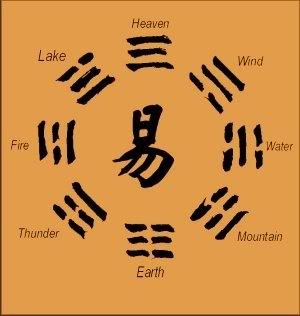
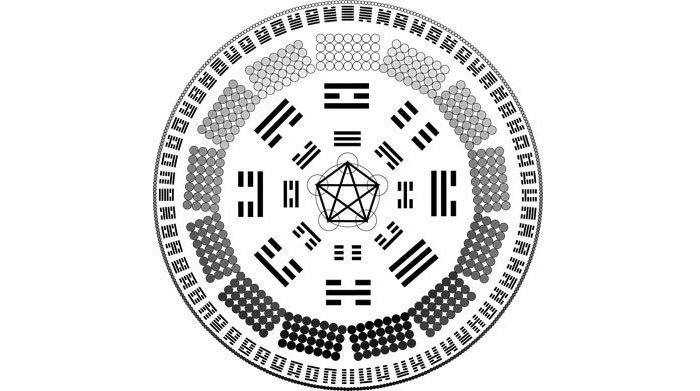
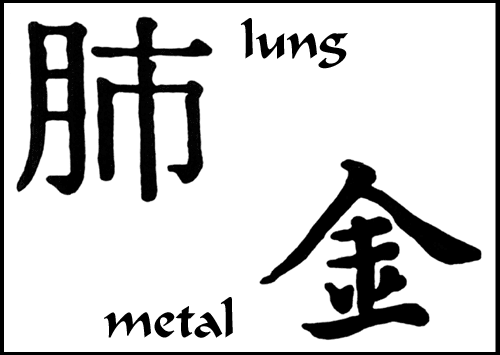
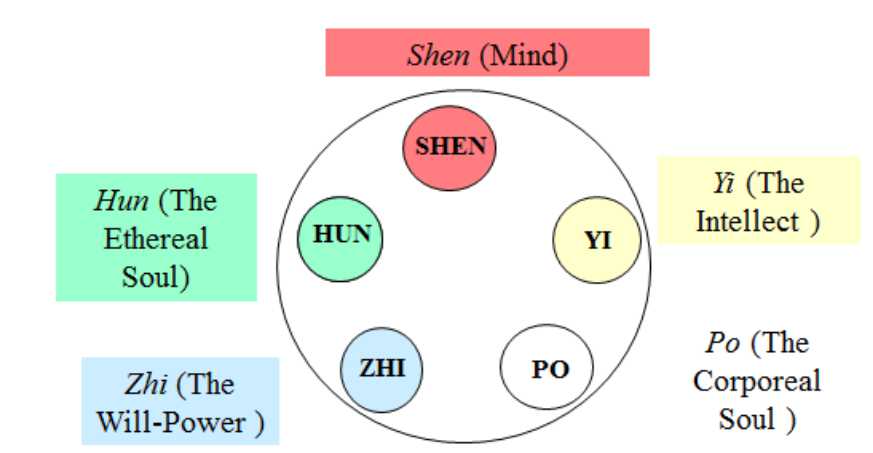
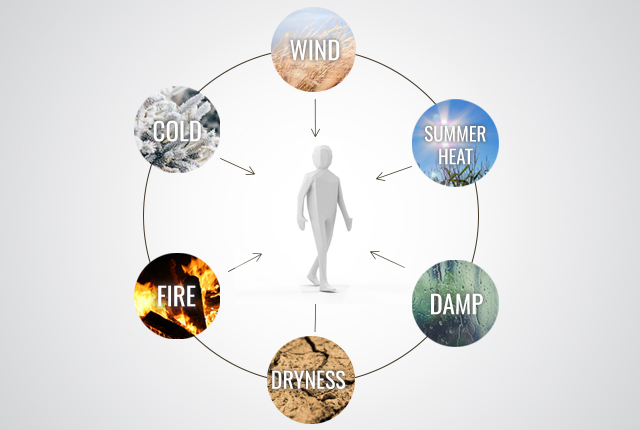
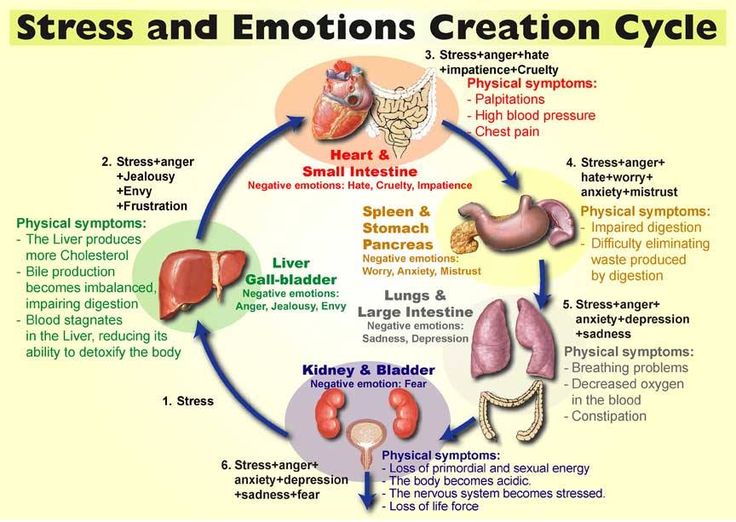
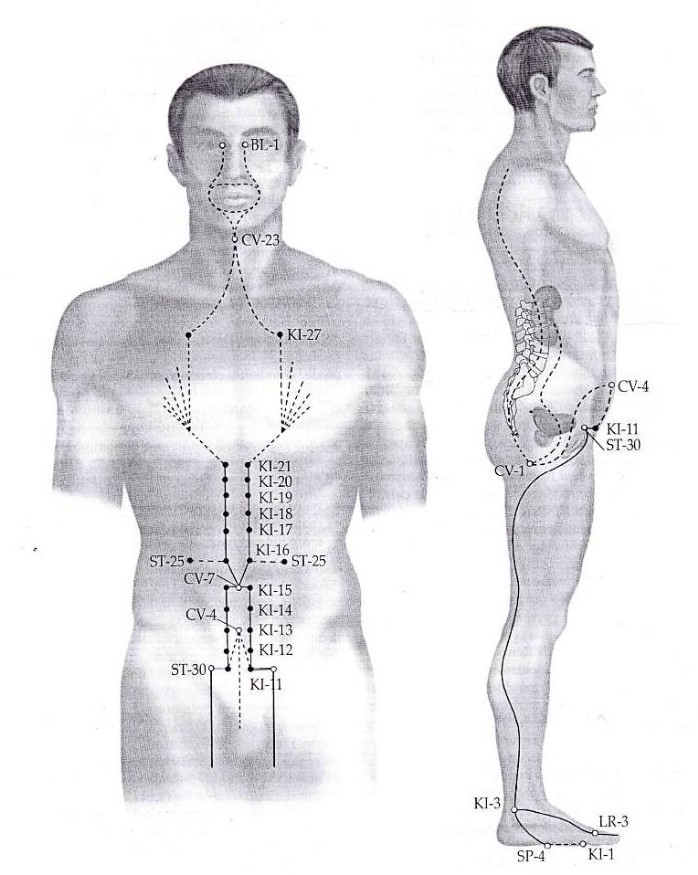


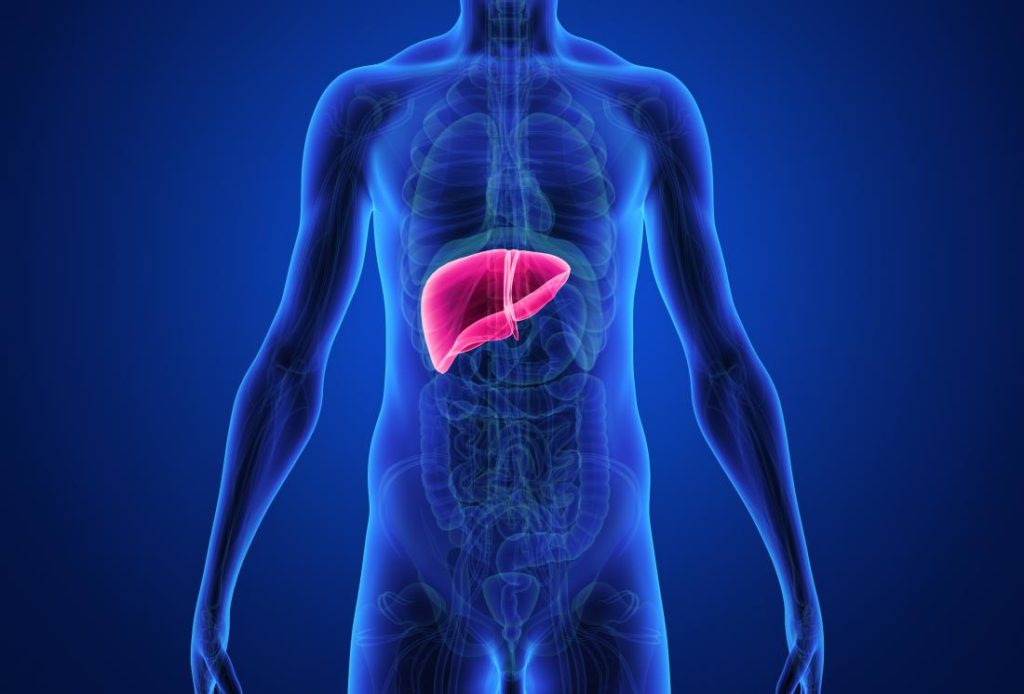


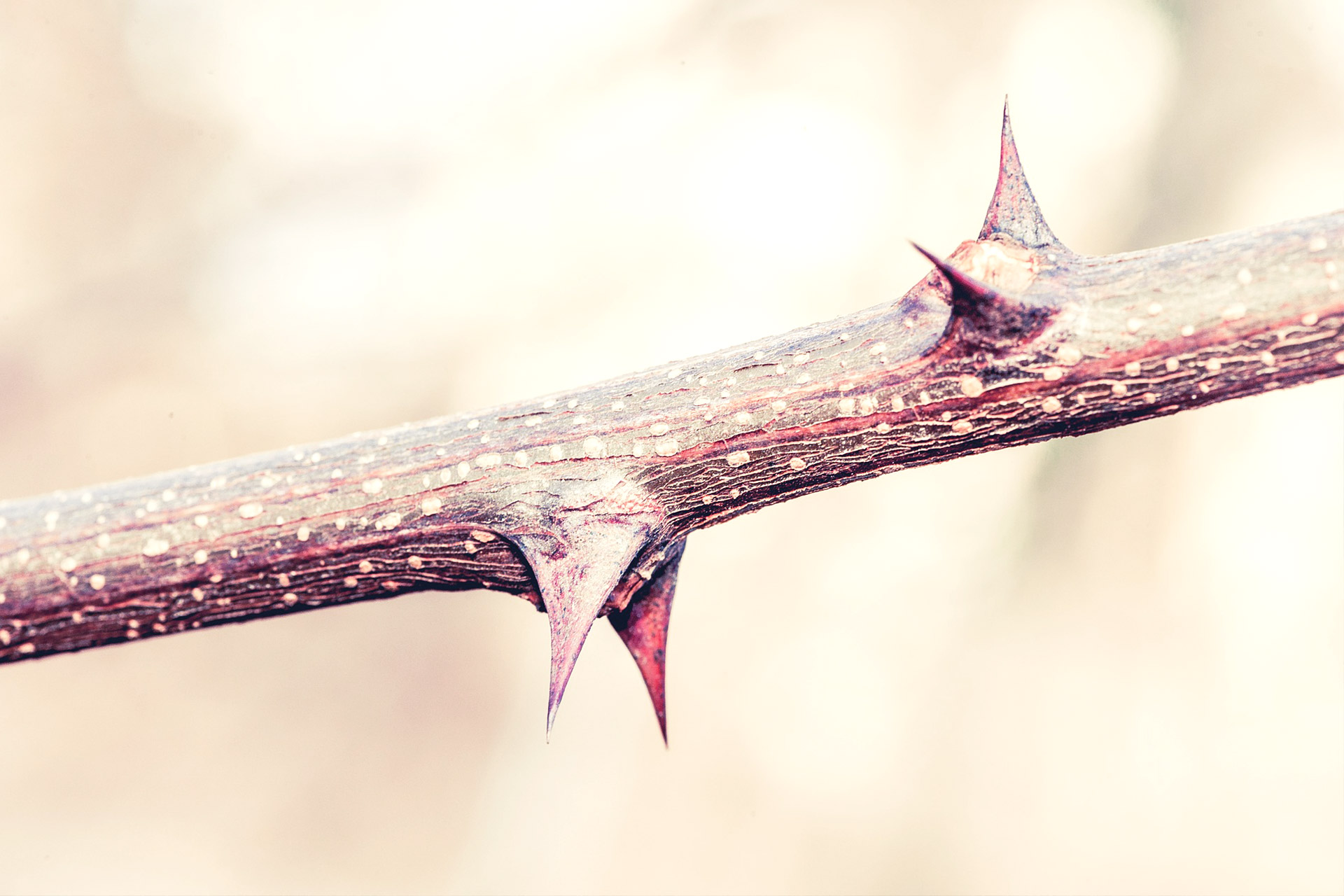
No Comments